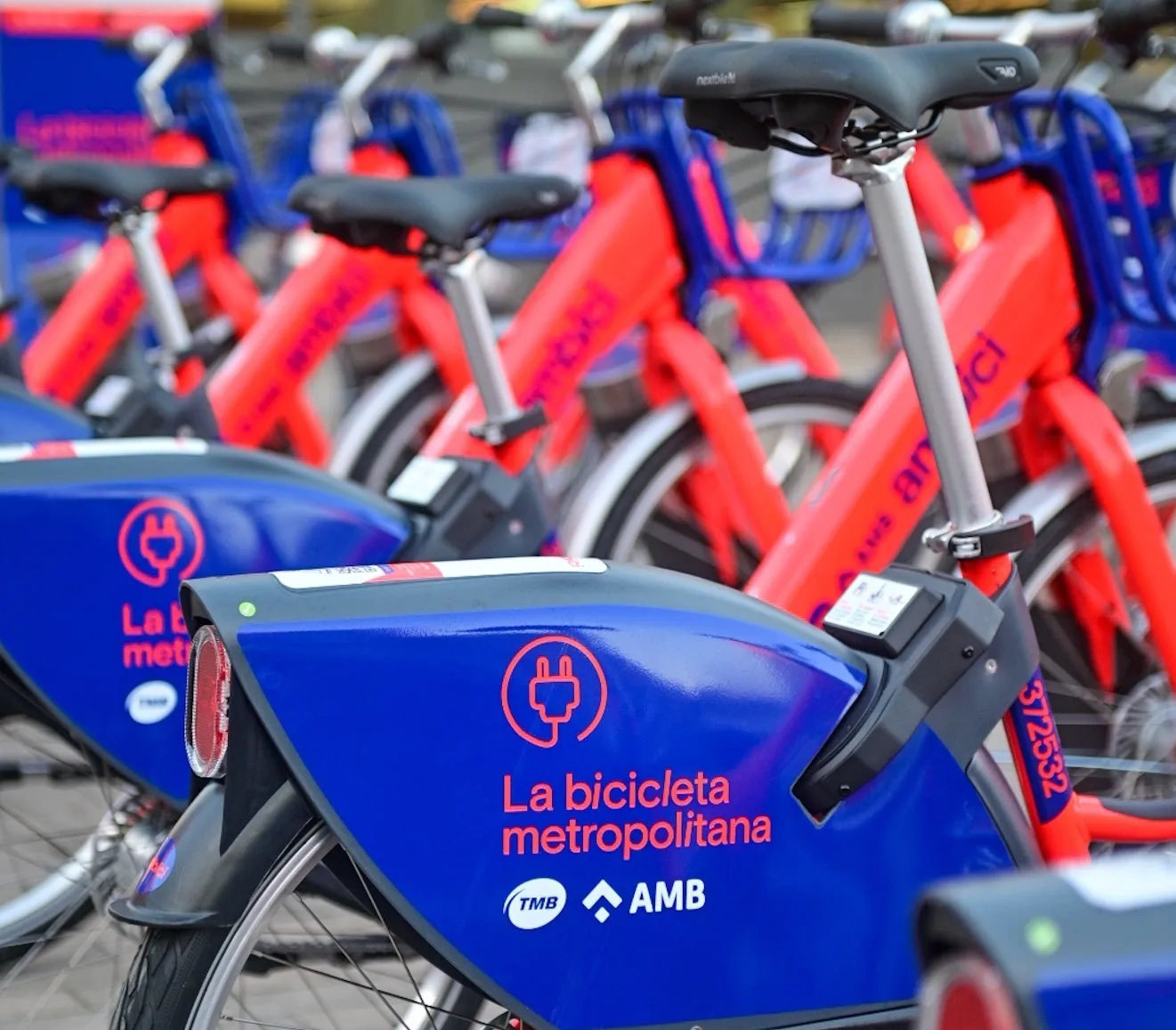
Alstom has selected GMV to supply the automatic vehicle location system (AVLS) for the AlUla Experiential Tramway project in Saudi Arabia, part of the Vision 2030 initiative.
Featuring a combination of the latest technologies and a sustainable approach to mobility, it will operate in one of the country’s most iconic cultural settings. GMV said that the light rail system, inspired by the historic Hijaz railway, will “immerse its passengers in a cultural journey” through AlUla’s five historic districts.
Alstom, which is also involved in the new Riyadh Metro, will use 20 of its Citadis trams along a 22.4km line with 17 stations, to connect a series of historical destinations that include Unesco World Heritage Sites: AlUla Old Town (District 1), Dadan (District 2), Jabal Ikmah (District 3), Nabataean Horizon (District 4), and Hegra Historical City (District 5).
GMV will be implementing its SAE-R solution on all of the system’s trains to provide its advanced capabilities for rail traffic operation and management.
This solution from GMV is already in operation on major fleets such as Spain’s Renfe trains and Barcelona’s light rail system, the Warsaw Tramway in Poland, TfNSW in Australia and ONCF in Morocco.
This multi-application computer-aided dispatch and automatic vehicle location (CAD/AVL) platform gives rail operators the ability to perform integrated transportation management.
This includes planning of services, monitoring and managing fleets in real time, providing passenger information and using recorded data for statistical purposes.
GMV’s AVLS system also offers other features, such as automatic route requests and real-time driver information for energy-efficient driving.
The on-board units installed on the 20 trains running on the AlUla Experiential Tramway are designed and manufactured by GMV, including a touchscreen human-machine interface (HMI) for the driver.
The solution is also supplemented by installation of a control centre at the local operation points, with workstations that will give a transportation network operating company the ability to monitor and analyse all operations.
This will be in real time, as well as in a deferred manner, so that the data recorded can be used by external systems to calculate values for the key performance indicators (KPIs) used to assess the system’s operation.







